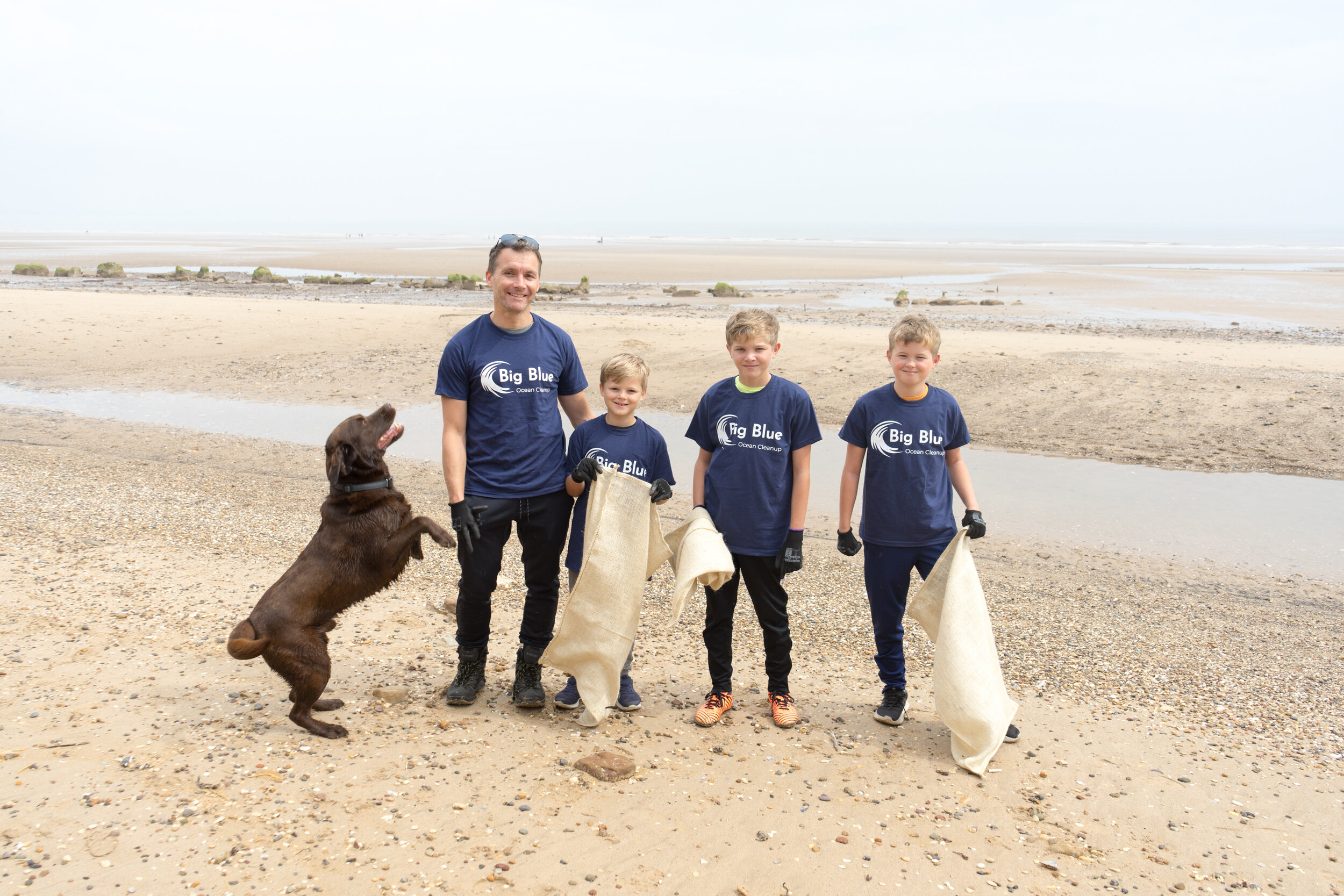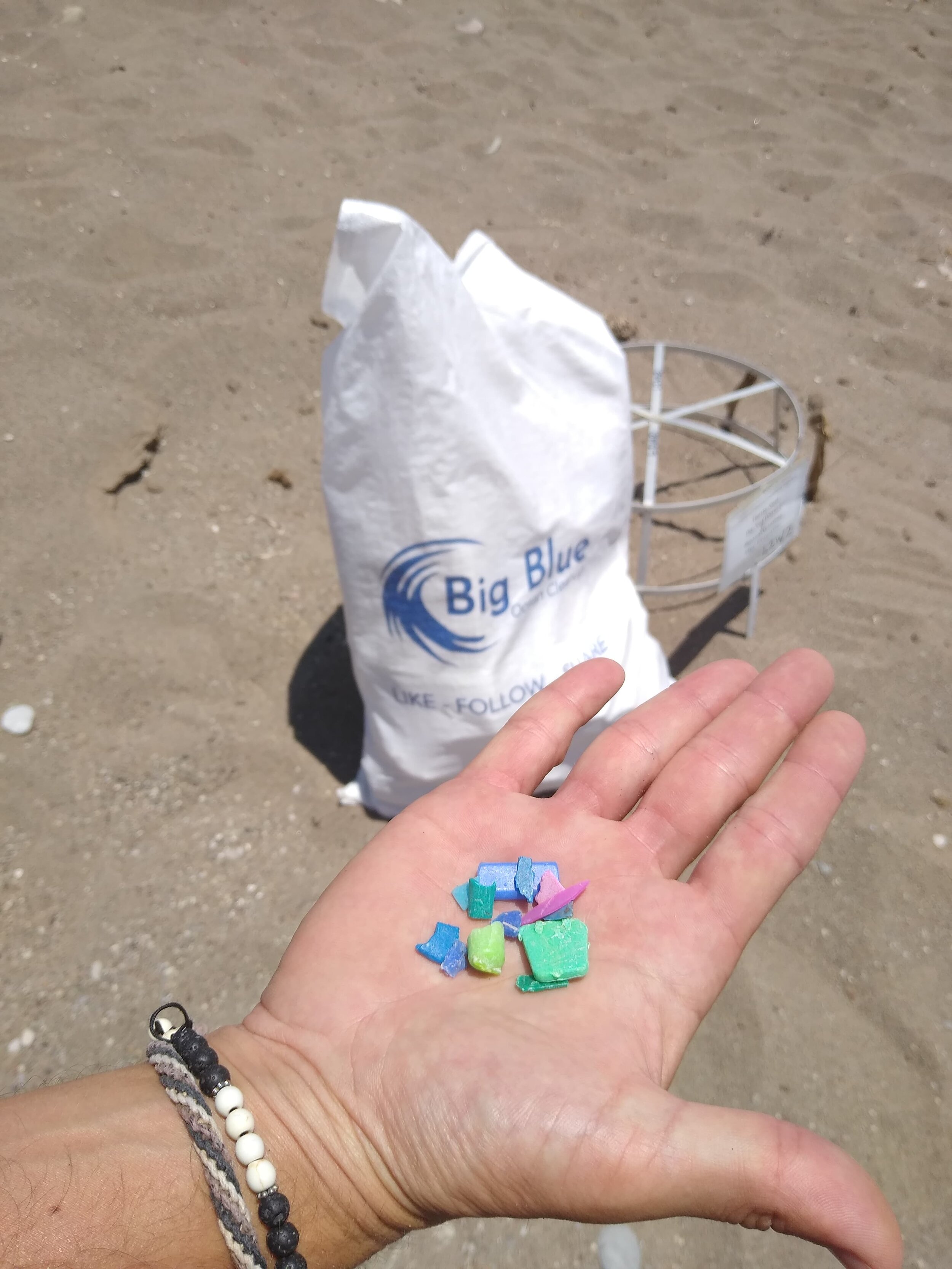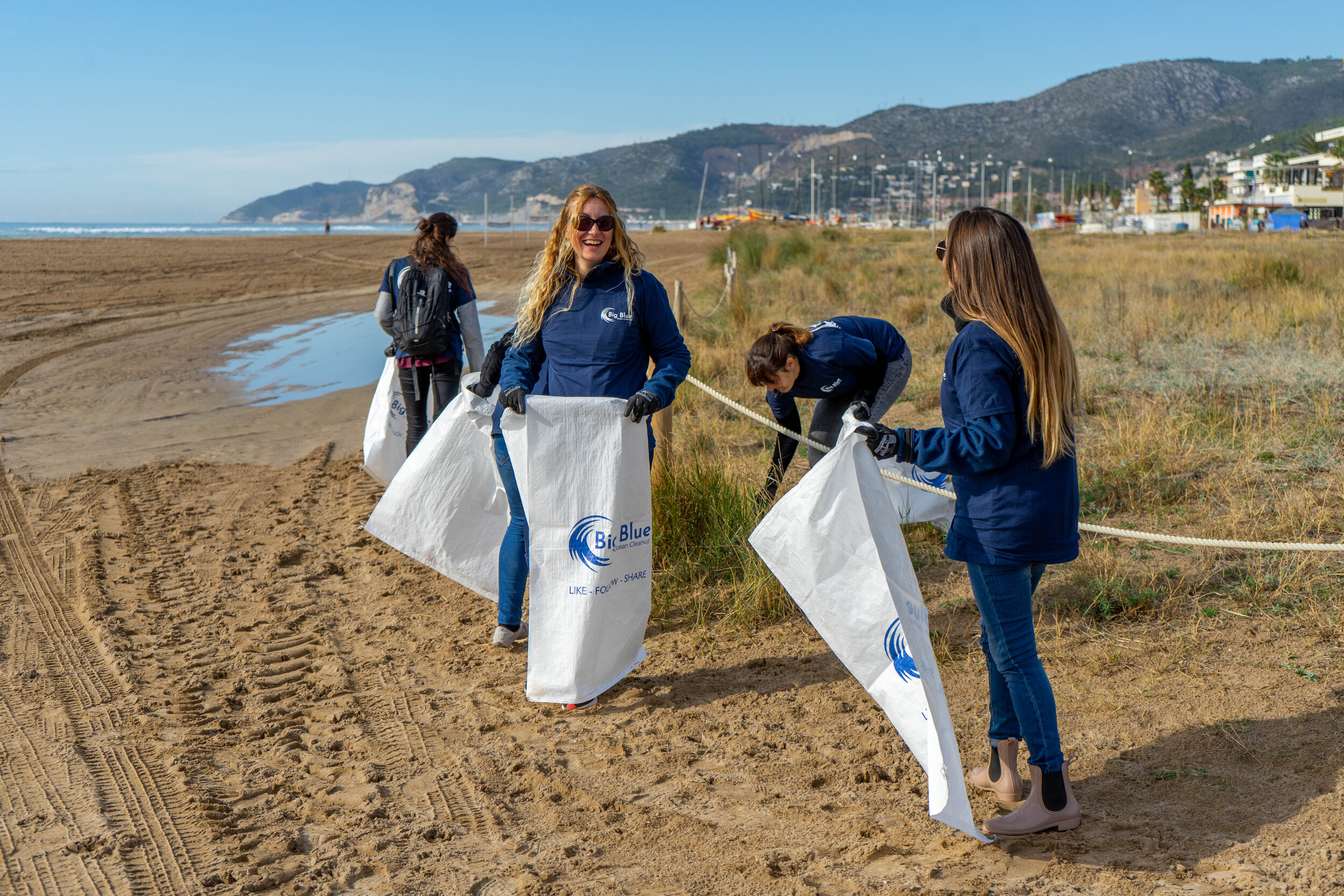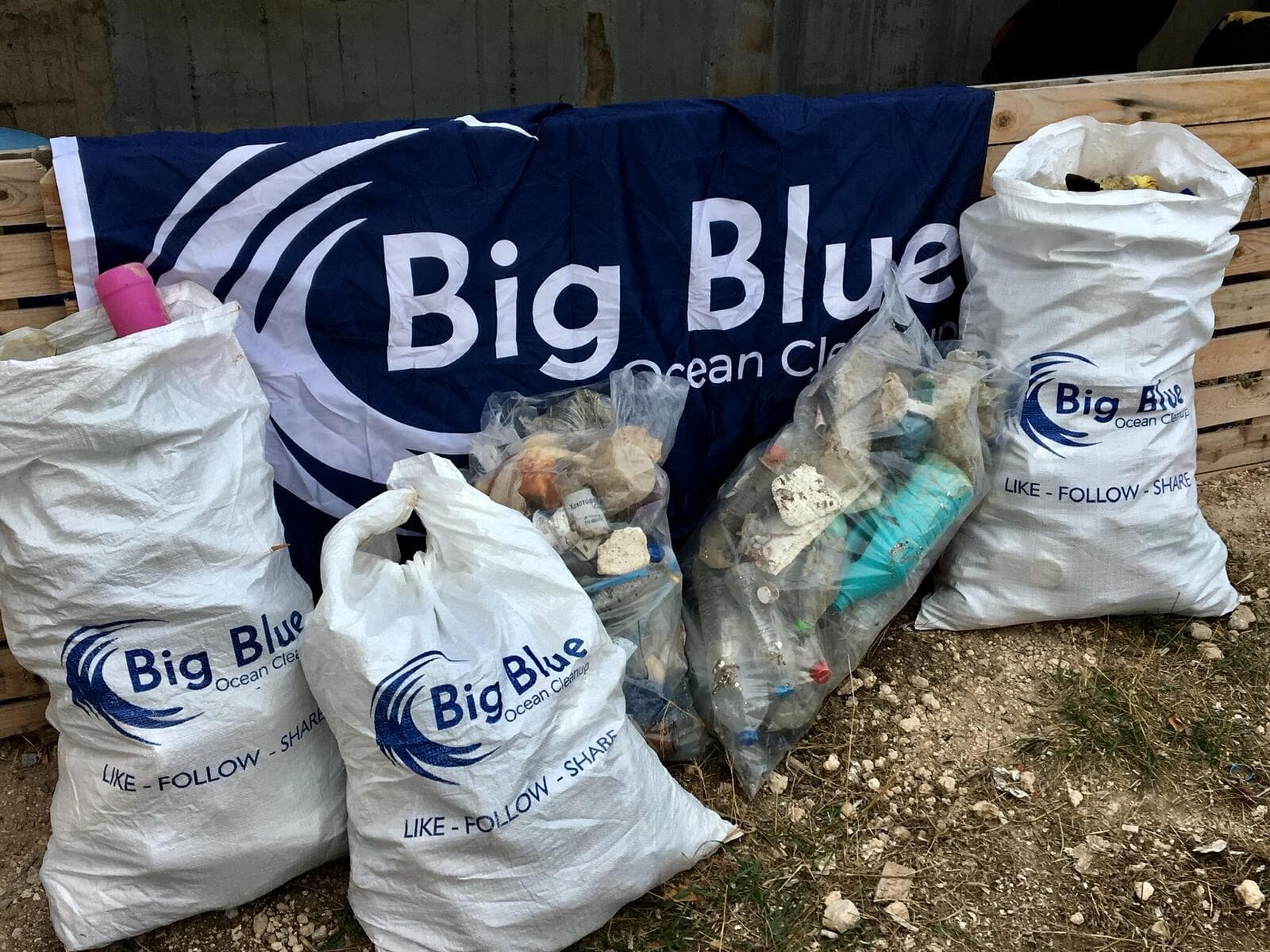Circular Action
Plastic Recycling at Big Blue Ocean Cleanup
Plastic is one of the most widely used materials in the modern world, but its popularity has created a global waste crisis. We now use 20 times more plastic than we did 50 years ago. At Big Blue Ocean Cleanup, we work with recycling centres in the UK and internationally to extend the life of collected plastic by reusing and recycling it wherever possible.
How Plastic Is Recycled
The recycling process involves several key steps:
Sorting: Done automatically and manually to remove contaminants.
Shredding: Plastics are broken into small pieces.
Washing: To remove residues.
Melting: Either directly for remoulding or after being shredded into flakes.
Pelletising: Melted plastic is processed into granules for reuse.
Environmental Benefits of Recycling Plastic
Recycling plastic helps us:
Conserve non-renewable fossil fuels
Reduce energy consumption
Minimise waste sent to landfill
Lower greenhouse gas emissions
Ongoing Challenges
Mixed Plastics: Some plastics, like those in yoghurt pots and butter tubs, are difficult to recycle without advanced technology.
Limited Recycling Infrastructure: Some plastic waste is still sent to landfill, incinerated, or exported.
Degradable Plastics: These break into smaller fragments under certain conditions but may not fully biodegrade. They can contaminate recycling streams and persist in the environment.
Bioplastics Explained
Bioplastics include:
Biodegradable Plastics: Break down via microbes, but with no guaranteed timeframe.
Compostable Plastics: Meet EN 13432 standard, decomposing fully under industrial composting.
Bio-based Plastics: Derived from plants like sugarcane; recyclable and with lower CO2 footprint compared to fossil-based plastic.
Products Made from Recycled Plastic
Bin liners and bags
Bottles and packaging
Window frames and insulation board
Fencing, garden furniture, sheds
Office supplies and fleece clothing
Fibre for sleeping bags and duvets
What You Can Do
Recycling even simple items like plastic bottles (usually PET or HDPE) makes a difference. These can be recycled through most household collections or local centres. Every small action contributes to a cleaner, healthier planet.
Together, we can create a more circular system for plastic use and significantly reduce its environmental impact.





